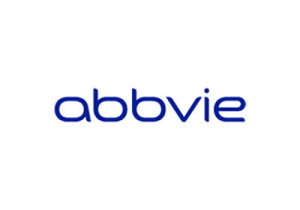Taking chances on data?

The information has always been crucial in any decision- making process. As the data is getting increasingly more attention in the digital era, or even, as some experts say, a new industrial revolution, getting the right information becomes quite an intricate issue.
One way is to use artificial intelligence to process the collected data. Nowadays we speak of 2.5 quintillion bytes of data that is being created daily. Facebook posts, Google searches, taxi calls, online orders, streaming movies, videos, music - the list grows with every new online service and every new user every day. Subsequently, this data feeds artificial intelligence. The more data is available for the learning algorithms, the better it can recognize and learn formulas.
Although we live in the data age, not everyone is able to fully benefit from the potential that data and its processing offer. While IT companies have a logical advantage, telecommunications companies, the automotive industry and the financial world are trying to catch up. However, many other sectors are lagging behind in the use of data and artificial intelligence. From this point of view, health, education and training, state administration and self-government, as well as the construction industry, still live partly in the previous era.
How to utilize the potential of data to its maximum? First, it is necessary to identify what data is available. It is possible that some necessary data is not yet collected, others may be unavailable or scattered in different types of databases and in different types of formats. Once this issue is resolved, the question of how to use the data arises. The organization must set up a functioning strategy that delivers clearly defined benefits and dedicates the experts to it.
If companies and organizations want to benefit from artificial intelligence, they must realize what they can obtain. Then it's just a matter of finding the right experts who can actually operate with the data. The reason is simple - only companies and organizations that can make the most of their data can benefit from the ongoing industrial revolution.



















